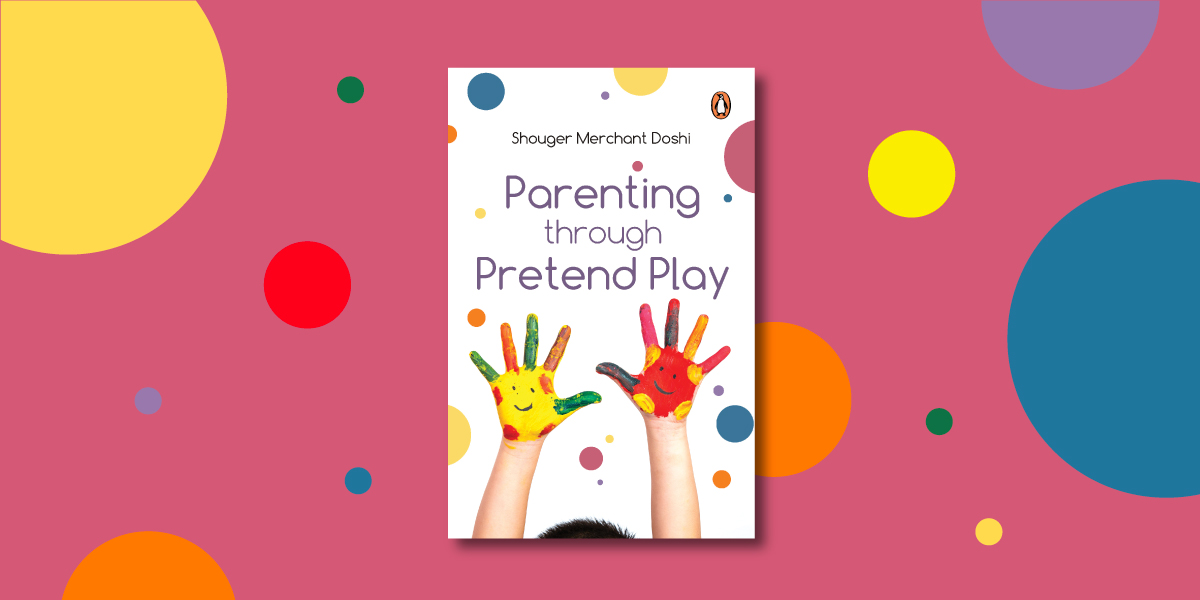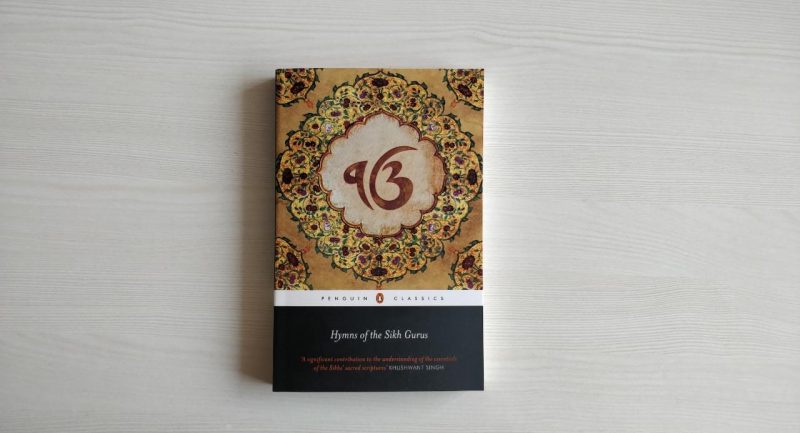
Understanding children in their early years of development is the most important thing. As it is known to every parent that parenting is a complex process where listening to their child, figuring things out by a process of trial and error, and putting in place the processes that work for them is the best approach. Their goal is to have fun with their children, inculcate key early learning skills in children, and make memories in the process.
Here’s an excerpt from Shouger Merchant Doshi’s book, The Power of Make-Believe: Parenting through Pretend Play, about pretend play and its importance for well-rounded development of children.
*

The Power of Make-Believe
Shouger Merchant Doshi
Play comes in many different forms. Researchers have segregated them into skill-based play forms such as fine motor or gross motor skill play or based them on the nature of the play, such as cooperative play, while others have classified them according to the number of people playing together. However, all forms of play, when coupled with a vivid imagination, storytelling or narration, constitute pretend play, which is an unparalleled form of early learning for children.
Some researchers call it dramatic play, role-play, exploratory play, fantasy play, symbolic play, creative play—I simply call it ‘pretend play’. It is multi-dimensional and incorporates all the elements of structured and unstructured play.
Children need to develop a variety of skill sets to optimize the process of their growth. Research and experts have always indicated that dramatic play with family members and peers is significant in igniting social, emotional, cognitive, language and visual processing skills that create decision-making and overall brain development. So, when your child wants to play Doctor-Doctor and operate on you, don’t consider it a waste of time. You will be surprised with what he is learning from that.
Children learn by imagining and doing. They learn by talking about concepts in their own words—when they are allowed to express themselves in the way that they have learnt, by observing people around them. In fact, it is not just about a sense of self-expression, but a deeper and more logical processing of sorts that occurs when children take on pretend play. So why is pretend play the foremost and most effective way to inculcate key early learning skills in children? The number of ways in which children develop and grow while engaged in rich creative play is countless and incorporates every early learning skill imaginable.
Here are some to help you understand its value in well-rounded child development:
1. Despite the name, pretend play is not frivolous. As per the American Academy of Pediatrics, it is proven to boost brain structure and function and promote self-regulatory functions, which allow children to focus on their goals and ignore distractions.
2. It helps children develop their imagination skills. They learn to be creative and think out of the box using the tools at hand, creating what they require and building fantastical items and stories using what they have.
3. It helps children expand their vocabulary. They engage in realistic language development—talking to each other, listening, asking questions, incorporating words and phrases they have heard—and practise having a ‘real’ adult conversation.
4. When pretend play involves more than one child, it can also encourage children to mimic and practise the important art of conferring with each other, sharing and taking turns, all of which teach them collaboration and healthy competition—important life lessons to learn.
5. When they are engaged in pretend play, children build important burgeoning skills and get practical experience in sorting, classifying and organizing items according to size, colour, utility, variety, etc. and in creating something larger with them.
**
Read The Power of Make-Believe: Parenting through Pretend Play to learn to initiate powerful discussions with children around you.









